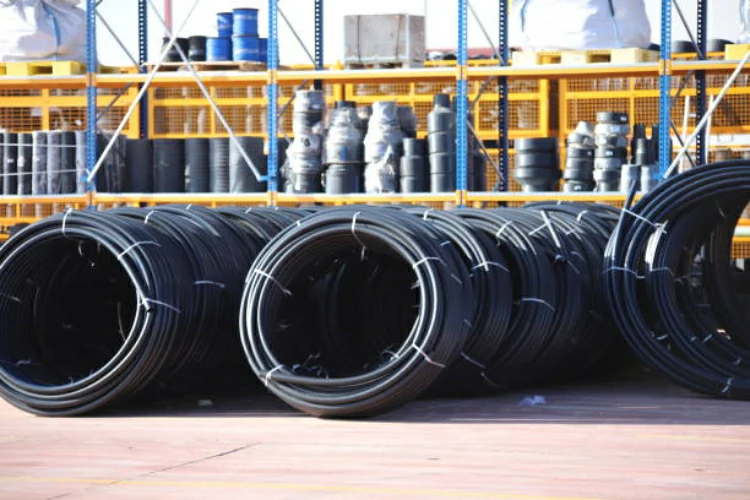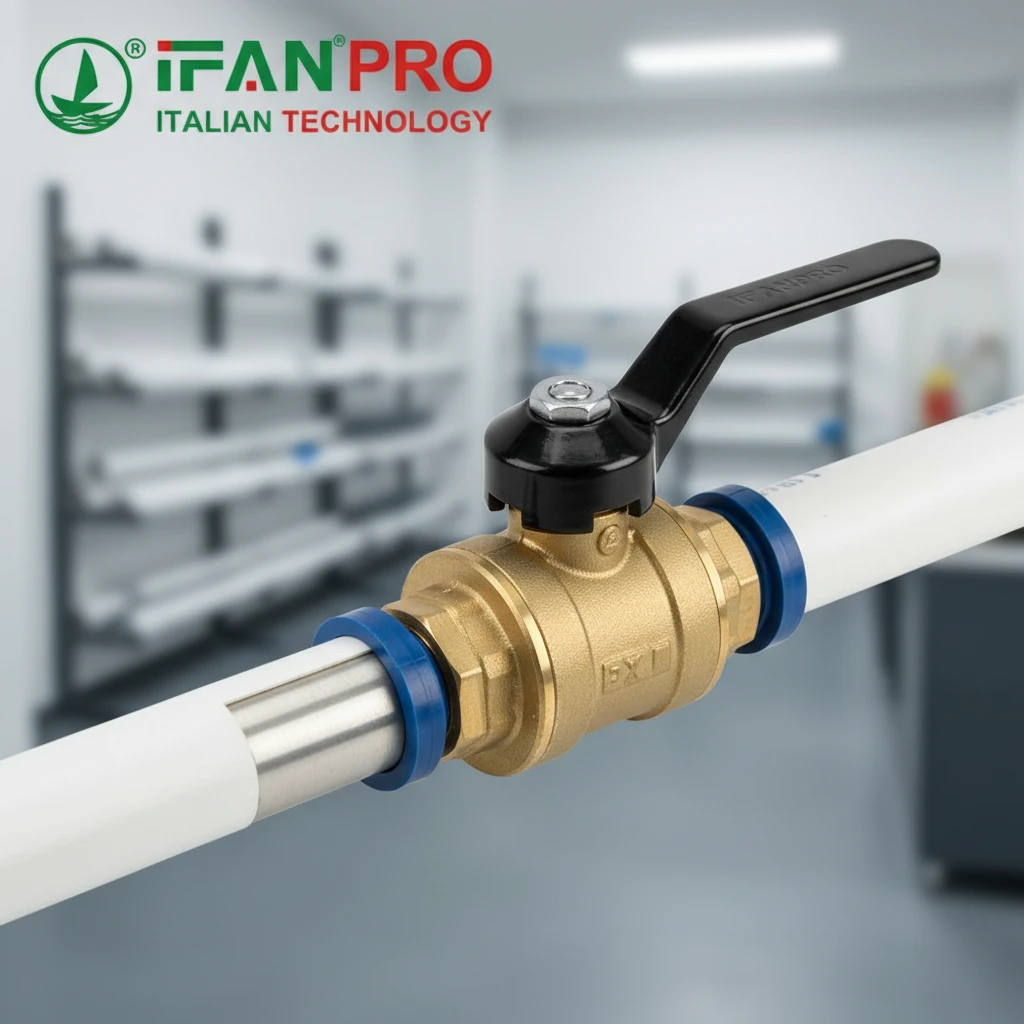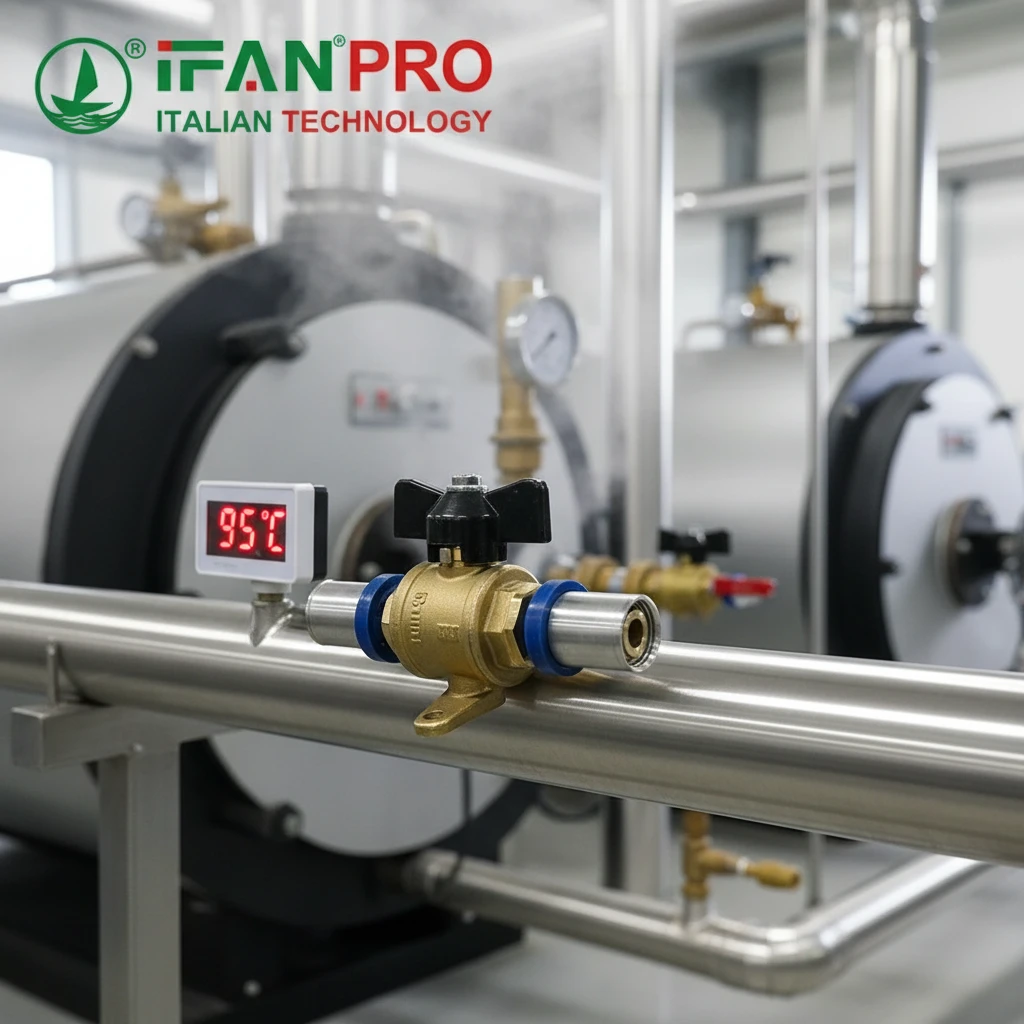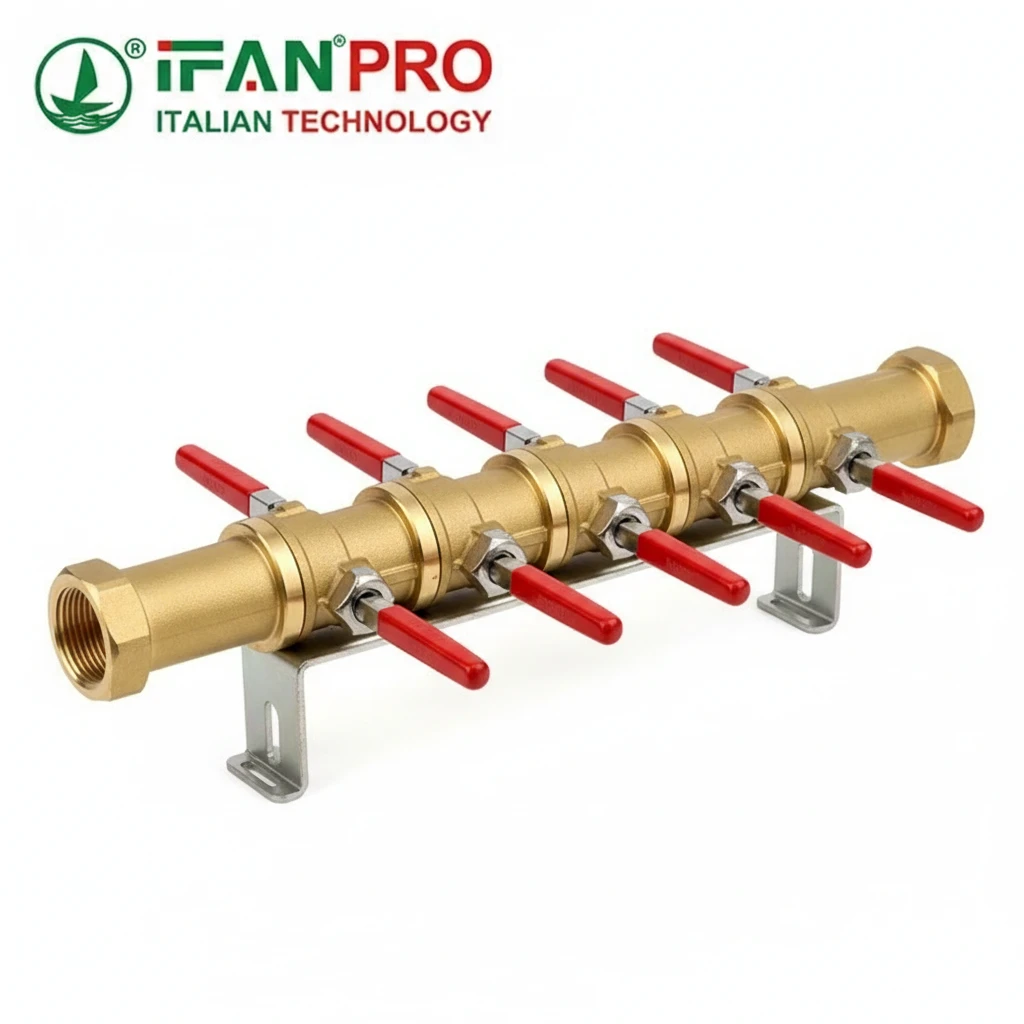Introduction to HDPE Pipes’ Corrosion Resistance
What is HDPE?
High-Density Polyethylene (HDPE) is a versatile polymer known for its high strength-to-density ratio. This material is widely used in various applications, including piping systems ,such as HDPE pipes, due to its numerous advantageous properties.
The Importance of Corrosion Resistance
Corrosion resistance is a critical factor when selecting materials for piping systems. Traditional materials like metal can corrode over time, leading to leaks, contamination, and costly repairs. HDPE pipes, however, offer a significant advantage due to their inherent resistance to corrosion, ensuring long-term performance and reliability.
Chemical Properties of HDPE
The chemical structure of HDPE contributes to its superior resistance to a wide range of chemicals. Its non-polar, hydrophobic nature means it does not easily react with substances it comes into contact with. This chemical stability makes HDPE pipes ideal for transporting aggressive chemicals, acids, and alkalis without degradation.
Advantages of HDPE Pipes in Corrosive Environments
Resistance to Acidic and Alkaline Solutions
HDPE pipes resist both acidic and alkaline solutions exceptionally well. In industries that frequently use chemicals, such as chemical processing plants and wastewater treatment facilities, HDPE pipe handle harsh conditions without corroding, thus maintaining the integrity of the piping system.
Long-Term Durability
One of the most significant benefits of HDPE pipes is their long-term durability. Unlike metal pipes, which can suffer from rust and other forms of corrosion over time, HDPE pipes maintain their structural integrity for decades. This durability reduces the need for frequent maintenance and replacements, offering cost savings and operational efficiency.
Non-Reactiveness to Soil Chemicals
In underground applications, pipes often face exposure to various soil chemicals. HDPE pipes resist these chemicals effectively, ensuring they do not deteriorate or fail due to soil interactions. This resistance proves crucial for potable water supply and gas distribution applications, where avoiding contamination is essential.
Practical Applications and Performance of HDPE Pipes
Use in Water and Wastewater Systems
HDPE pipes are extensively used in water and wastewater systems due to their resistance to biofouling and chemical corrosion. They ensure safe and clean water transportation without the risk of pipe failure from internal or external corrosion. This application highlights the pipe’s reliability and safety for public health.
Industrial Applications
In industrial settings, engineers choose HDPE pipes for their ability to handle aggressive chemicals and high temperatures. Industries such as mining, chemical manufacturing, and oil and gas rely on HDPE pipe to transport corrosive substances without compromising pipeline integrity. This use underscores their suitability for demanding environments.
Performance in Harsh Environments
HDPE pipes are designed to perform exceptionally well in harsh environments. Whether exposed to extreme temperatures, aggressive chemicals, or challenging installation conditions, HDPE pipe provide a robust solution that outperforms many traditional materials. Their adaptability makes them a preferred choice for diverse applications.
Installation and Maintenance
The ease of installation and low maintenance requirements further enhance the appeal of HDPE pipes. Their flexibility allows for installation in difficult terrains without the need for numerous joints and fittings. Once installed, their resistance to corrosion means that ongoing maintenance is minimal, contributing to lower lifecycle costs.
Conclusion
HDPE pipes offer unmatched corrosion resistance and chemical stability, making them an ideal choice for a wide range of applications. Their ability to withstand aggressive chemicals, coupled with their long-term durability and minimal maintenance requirements, ensures they provide a reliable and cost-effective solution. Whether used in municipal, industrial, or environmental settings, HDPE pipe consistently demonstrate superior performance, ensuring safety and efficiency in every application.
IFAN is a Chinese manufacturer of plastic pipes, fittings and valves with 30 years of experience. If you are interested in IFAN copper fittings, copper valves, plastic pipes and fittings, please contact us. IFAN offers you a variety of standard pipes to meet your specific needs. Click below to learn more about IFAN’s wide range of affordable and cost-effective valve products and piping system related products.
We will reply your email or fax within 24 hours.
You can call us at any time if there is any question on our production.
For more information,pls visit our webside https://ifanpro.com/
Pls Mailto: [email protected]
Whatsapp: + 86 19857948982














Recent Comments